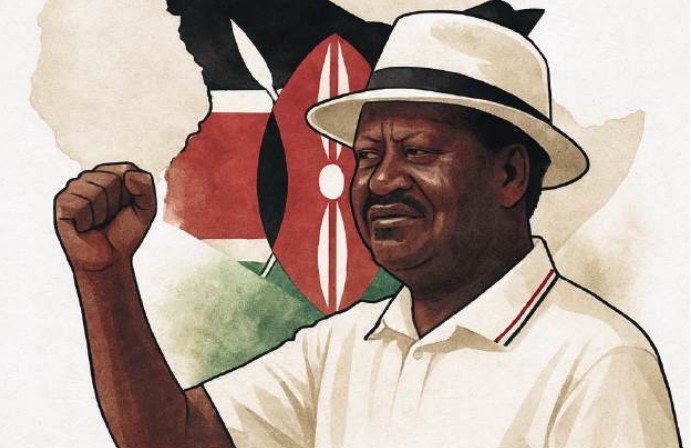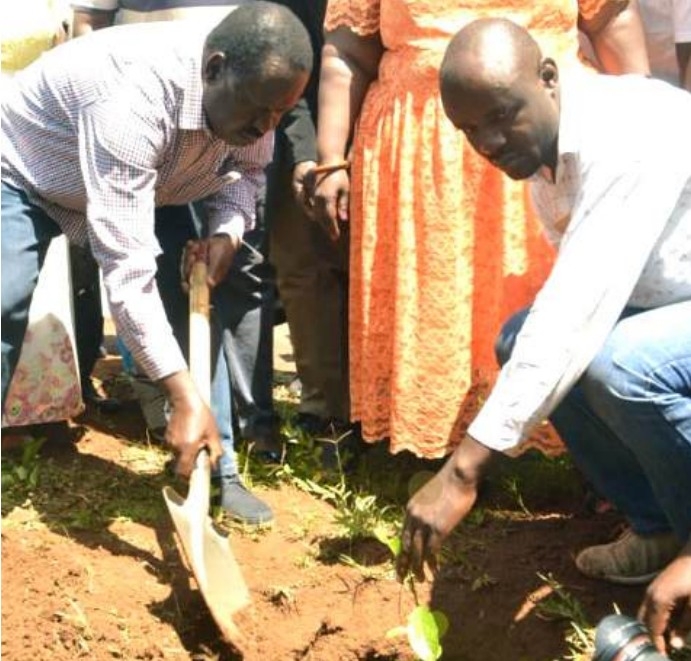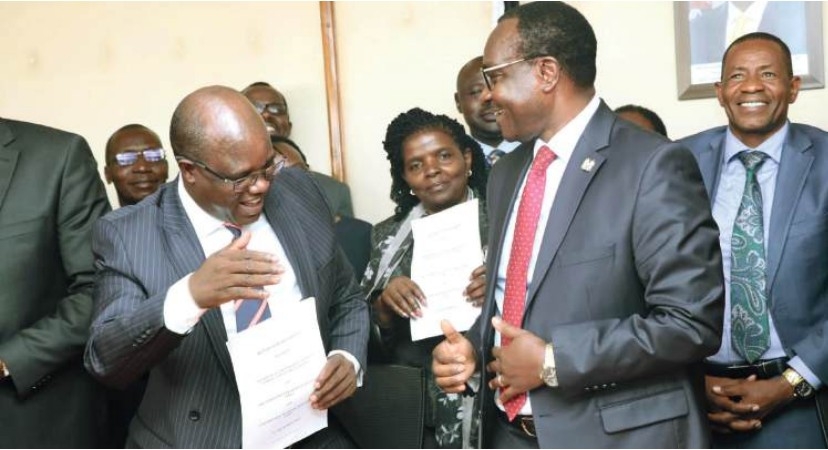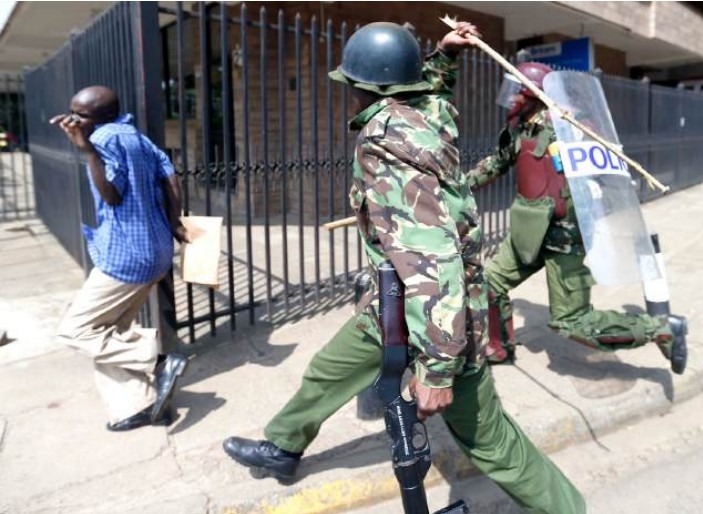The Judiciary has reunited 500 strained families who filed cases in the Children’s Court and Family Division at Milimani, Nairobi.
The first quarter magazine of the Judiciary reports that the 500 are part of the 4,250 cases handled by the Court Annexed Mediation (CAM).
About 3,207 cases were concluded through mediation, injecting Sh8.1 billion into the economy.
"Since its inception, more than 500 strained family relationships have been restored by resolution of cases in the Children’s Court and the Family Division at Milimani alone,” the magazine says.
The project is funded and supervised by the World Bank as part of the reforms in the Judiciary.
“Mediation has greatly contributed to the restoration of relationships,” the report released on Friday said.
It comes after lawyers reported a surge in divorce cases since the government imposed a 7pm-to-5am curfew on March 27.
“Domestic violence cases are going up too because of the situation we are in. Men want their conjugal rights every time and women are tired and not used to this,” family lawyer Dunstan Omari told the Star in a story published late last month.
The World Bank says the cases are resolved with the assistance of court-accredited mediators, usually lawyers who receive training in mediation first. The cases include divorce, health inheritance, parenting, spousal support and child support.
“The process evolves like this: a case is screened and, if it qualifies, is referred for mediation. The court provides three mediators from whom both parties select one with whom they are comfortable. The mediator listens to their grievances and supports them in reaching a mutually acceptable solution. The agreement reached is considered legally binding by the court,” the World Bank adds on its website.
The average time taken to settle cases via mediation is 66 days, or two months, compared to two years through the normal court process.
The information shared during mediation sessions is confidential and is not admissible as evidence in court. The 60-day mediation period is capped, unless a court grants an extension.
There is no appeal process, providing some certainty that a matter will be concluded once and for all. However, should no settlement be reached, the case is returned to court.
“There is no doubt that given the adversarial nature of Kenya’s judicial system, cases that have been completed in court have left litigants with severely damaged relationships after a long and torturous process,” the report says.
“It is for this reason the Judiciary has availed mediation as a legal alternative to court proceedings.”
The Judiciary said that they have already unveiled the Court Annexed Mediation in 12 regions — Mombasa, Eldoret, Kisumu, Nakuru, Nyeri, Machakos, Garissa, Embu, Kakamega, Malindi, Nyamira and Kisii.
“CAM has great potential to help deal with the ever-growing backlog. The Mediation Task Force chaired by Justice Fred Ochieng is now embarking on the third phase of the rollout,” the report said.
Implementation of CAM has contributed to Kenya’s ranking in ease of doing business.
(Edited by F'Orieny)















![[PHOTOS] How ODM@20 dinner went down](/_next/image?url=https%3A%2F%2Fcdn.radioafrica.digital%2Fimage%2F2025%2F11%2F99d04439-7d94-4ec5-8e18-899441a55b21.jpg&w=3840&q=100)
